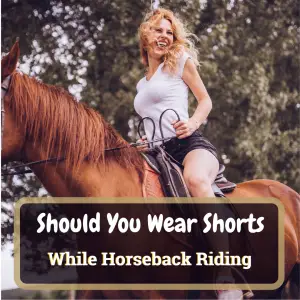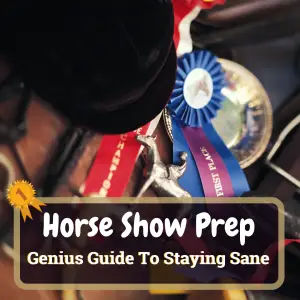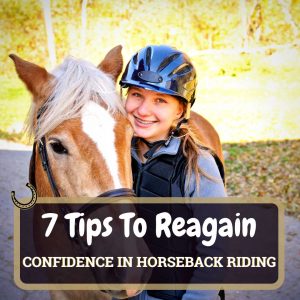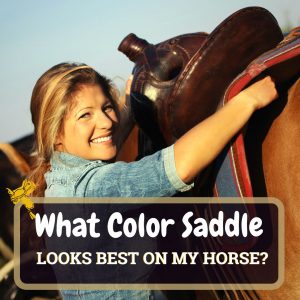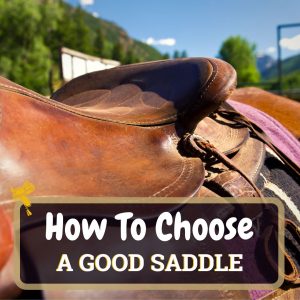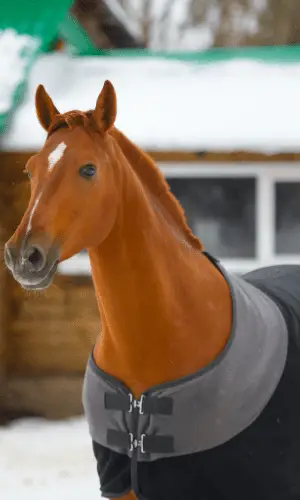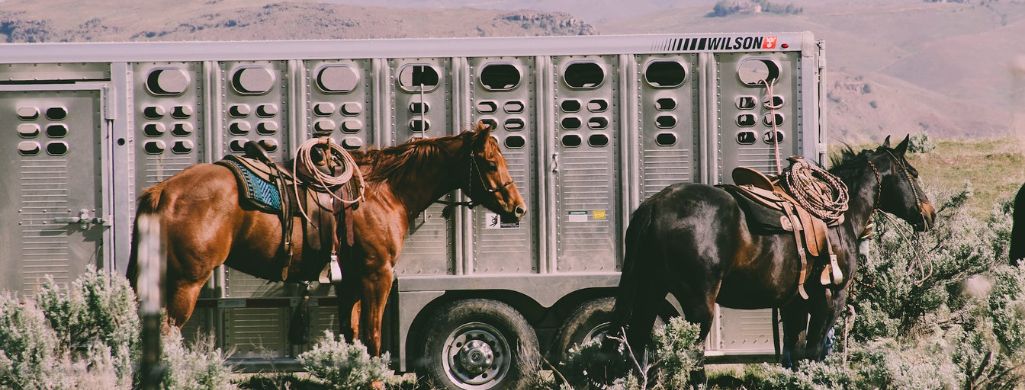
- Horse Trailer Types
- Things to Consider Before Choosing a Horse Trailer
- Choosing the Right Type of Horse Trailer
- Maintenance and Safety Tips for Towing a Horse Trailer
- Wrapping It Up
- Q: What are the main types of horse trailers?
- Q: What is a gooseneck horse trailer?
- Q: What is a bumper pull horse trailer?
- Q: What is a living quarter horse trailer?
- Q: What should I consider when purchasing a new horse trailer?
- Q: Are there different styles of horse trailers?
- Q: What are some important considerations when looking for the perfect trailer?
- Q: Where can I find horse trailers for sale?
Have you ever found yourself scratching your head, trying to figure out which horse trailer type best complements your towing needs? Yeah, it can feel like navigating a labyrinth with so many options.
It’s why we rolled up our sleeves and did all the heavy lifting: examining various horse trailer models, and comparing their features and benefits until we hit a goldmine of information.
Now, we’re sharing this knowledge through a comprehensive guide designed to help you find that perfect trailer – one that meets both your needs and those of your horse. So grab a cup of coffee, settle in, and let’s take this ride together!
Key Takeaways
- Horse trailers come in different types. There are bumper pull, gooseneck, living quarters, straight load, and slant load trailers.
- The size and power of your towing vehicle matter. It must be big enough to tow the trailer. You also need to think about how many horses you have and their size.
- Safe hitching and loading keep your horses safe on the road. Regular checks of tires, brakes, and lights make sure everything works well for a smooth ride.
- Always plan ahead when driving with a horse trailer. Keep an emergency kit ready in case something happens on the trip.
Horse Trailer Types
Horse trailers come in many styles, designed to meet different needs. Bumper pull horse trailers are easy to maneuver and are great for transporting one or two horses, while gooseneck trailers offer more stability on the road for larger numbers of horses.
For those who seek comfort during long hauls, consider a living quarters horse trailer that includes sleeping and eating arrangements. Straight load trailers allow your horses to face forward during transit – an orientation preferred by some animals.
Conversely, slant load horse trailers position the horses at an angle, offering a comfortable travel experience for many breeds.
Bumper Pull Trailers
Bumper pull trailers are very well-liked by horse owners. They are the most used type of horse trailer. The name can be tricky since they do not hang from a bumper. A ball on your tow vehicle hooks to the trailer coupler to move it around.
These types are not big, which is great for towing with smaller cars or SUVs. You don’t need a large truck! Plus, they weigh less and cost less than bigger trailers like goosenecks.
This makes bumper pull trailers an easy choice for many of us.
Gooseneck Trailers
Gooseneck trailers are a great choice for many horse owners. They help with towing stability and can carry more horses than bumper pull trailers. These trailers are bigger in size, which means they’re wider, longer, and heavier too.
We must keep our gooseneck trailer level. This way, we avoid damage like blown tires or broken axles. Many of us prefer this type of horse trailer because it can haul many horses at once and offers more control on the road.
However, picking between a gooseneck and a bumper pull depends on what you need most for your horses.
Horse Trailers with Living Quarters
Horse trailers with living quarters are special. They have a spot for people to stay in. You can rest, eat, and sleep in these spaces. It’s like having a small home that moves. This is great if you travel far with your horses.
Most of this type of trailer cost more money than others. But they give comfort when staying with horses on the road. With them, you don’t need to find hotels or campsites for the night.
Straight Load Trailers
We like straight load trailers for carrying one or two horses. These are smaller than slant load trailers. In a straight load trailer, the horse faces the front of the trailer. We always tie the horses to stop them from putting their heads and necks in places they shouldn’t be.
This way, we know our horses are safe during travel.
Slant Load Trailers
Slant load trailers are a top pick for many of us. They give our horses a wider space. This makes it easy to get our hard-loading horses on board. Each horse has its own stall in these trailers, so they all face at an angle.
It’s not all perfect, though! The stalls can be small in some slant load models. We have to think about the size of our horses before we pick this trailer type. Also, the width sets a limit on how long each stall can be.
Overall, slant load horse trailers offer comfort for our beloved horses during travel but need careful thought before buying.
Things to Consider Before Choosing a Horse Trailer
When choosing a horse trailer, key considerations should include the size and capacity of the trailer to ensure it can comfortably accommodate your horses. Durability is also crucial as you want a trailer that will last for years.
Don’t overlook safety features – these could save your horse’s life in an emergency. Lastly, have a clear understanding of what you can afford before making a purchase; budget plays a significant role in determining which type of trailer is right for you.
Size and Capacity
The size and capacity of a horse trailer mean a lot. Think about how many horses you have. Will they all fit into the trailer? Bigger trailers hold more horses. The type and breed of your horse also matter.
Larger breeds need more space than smaller ones. Also, think about the total weight your trailer can handle (GVWR). This weight is the sum of axle weights plus tongue weight. It’s key to keep in mind the size and weight of your horse when choosing a trailer.
Pick wisely!
Durability
Durability is key when picking a horse trailer. It’s best to choose one that will last a long time. The cost of the horse trailer and how well it holds up over time are things we need to think about.
Safety also ties into this. A tough, solid build helps keep our horses safe on the road. We must check if the trailer’s body can handle a lot of use and the weather too. Another thing is towing capacity.
Our tow vehicle needs to be able to pull the weight of a sturdy, fully loaded trailer with ease.
Safety Features
Having the right safety features on a horse trailer is key. These can save your horse from harm. One safety feature you should look for is strong floor material. Floors made of steel or aluminum are best as they can hold up under the weight of many horses and gear.
Finally, look for trailers with easy load and unload options. This will make it less stressful for both you and your horse when it’s time to get in or out of the trailer.
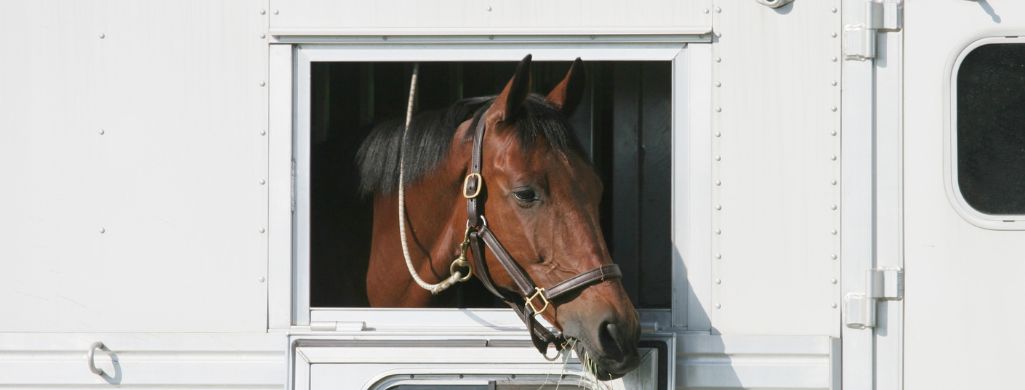
Budget
Buying a horse trailer is a big decision. We have to look at our bank account before we choose one. Horse trailers are not all the same price. Some cost more than others. The type, size and extra stuff in the trailer can make the price go up or down.
We should think about how much storage space we will need. If we are buying for the first time, this is very important! Used trailers may cost less but they might not be in good shape.
It’s like buying used cars, we always have to check them carefully!
Choosing the Right Type of Horse Trailer
Selecting the perfect trailer type involves mindful consideration of your horse’s comfort, your towing vehicle’s capabilities, and your overall hauling needs. Dive in further to explore different factors that will guide you to make the best choice for both you and your horse.
Consider your horse’s needs
We need to think about our horse’s needs. Every horse is different in size, breed, and health. It helps if we choose a trailer that fits them well. A big horse will want more room than a smaller one.
Some horses may not like too much light or noise. So they could need a trailer with dark windows and solid walls for calm trips. Our horses can show us what they want if we watch and listen closely enough.
Consider your towing vehicle
The size and power of your towing vehicle matters. It must be big enough and strong enough to pull the trailer. You need to think about its length, weight, and hitch type. Your truck or SUV has a limit on how much it can tow safely.
This is called the towing capacity. If we have many horses or larger breeds, we may need a bigger trailer and a stronger tow vehicle. Let’s make sure our vehicle can handle the job before we buy a new horse trailer.
Evaluate your hauling needs
Think about your hauling needs. This means you should know:
- How many horses you will move at a time? Do you have one horse or many? If you own many horses, a larger trailer may be needed.
- The size and breed of your horses. Large breeds need more space than smaller ones. Make sure to choose a trailer that fits your horse’s size.
- The distance to haul. Are you taking short trips, or driving long distances? You might want living quarters on the trailer for long trips.
- What gear to bring? You may need room for tack or extra feed.
- If you are hauling other goods like hay or shavings, make sure the trailer can take it.
Maintenance and Safety Tips for Towing a Horse Trailer
Ensure that your horse trailer is hitched properly and loaded evenly to avoid any mishaps on the road. Regular maintenance, such as checking tires and brakes, is critical for safe travel.
Always practice safe driving techniques like avoiding sudden stops or starts when towing a trailer. In addition, don’t forget to prepare an emergency kit that includes supplies for both you and your horse in case of unplanned events.
Proper hitching and loading techniques
We know the safety of our horses matters a lot. Safe hitching and loading of your horse trailer is key. Here are easy steps to do it right:
- Make sure the trailer is well hooked to the tow vehicle. Be sure to check that everything is tight and secure before any horse enters.
- Cross safety chains below the hitch if you have a bumper pull trailer. That will keep the trailer tongue from hitting the ground hard.
- Check all parts of your trailer before a trip. Look at the hitch, coupler, brake battery, safety chains, brakes, and lights too.
- Find out how high to put your hitch by using a loaded trailer on your vehicle’s bumper first. Each car or truck needs a different height for best towing.
Regular maintenance
We always check our horse trailer before a trip. We look at the tires and the spare tire. The lug nuts need to be tight. We keep an eye on the lights, turn signals, floors, and brakes too.
It’s important to make sure everything works well for a safe ride with our horses.
Safe driving practices while towing
Safe driving plays a big part in making sure our horses stay safe. Here are some tips:
- Always drive slower than usual. This helps control the trailer better.
- Give other cars plenty of room. This helps avoid sudden stops or turns.
- Keep enough space between your car and others on the road.
- Never forget to use your mirrors often to check on the trailer and traffic around you.
- Make slow, wide turns at corners and intersections.
- Double-check all hitch parts before hitting the road.
- Consider practicing driving with an empty trailer first.
- Keep the rig well maintained to avoid breakdowns or accidents.
- Check for broken welds that can unhitch a trailer during a ride.
- Always plan your route ahead of time and also consider road conditions when planning routes.
Emergency preparedness
Be ready for anything when you tow a horse trailer. Here is a list to help get ready:
- Always have a first-aid kit. This should have items for both horses and people.
- Keep a spare tire in your trailer or truck at all times. It can be helpful if you get a flat tire.
- Have the right tools to change the tire on hand.
- Carry extra water and food. You never know when you might get stuck or delayed.
- Have an emergency plan in case of an accident or breakdown. Know who to call and where you can take your horses if needed.
- Make sure your tow vehicle is well-maintained, especially the transmission, to avoid overheating while towing.
- Do regular maintenance checks on your trailer wheel bearings every 12,000 miles or each year.
- Be proactive with defensive driving on the road to keep safety top-of-mind.
- Check your trailer locks and bolts often for any damage or loose parts.
Wrapping It Up
Horse trailer types are many. Each one has its own use. Finding the best kind needs thought and care. Knowing what to look for can make towing smooth and safe.
Q: What are the main types of horse trailers?
A: The main types of horse trailers are gooseneck horse trailers, bumper pull horse trailers, and living quarter horse trailers.
Q: What is a gooseneck horse trailer?
A: A gooseneck horse trailer is a type of trailer that is designed to be towed by a pickup truck with a gooseneck hitch. It provides a stable and secure towing experience, making it suitable for larger horse trailers that can carry multiple horses.
Q: What is a bumper pull horse trailer?
A: A bumper pull horse trailer is a type of trailer that is towed by a bumper hitch, typically attached to a truck or SUV. These trailers are ideal for smaller horse trailers and are easier to maneuver and park.
Q: What is a living quarter horse trailer?
A: A living quarter horse trailer is a type of trailer that includes living quarters for humans, typically equipped with amenities such as sleeping areas, kitchens, and bathrooms. These trailers are ideal for horse owners who travel long distances with their horses.
Q: What should I consider when purchasing a new horse trailer?
A: When purchasing a new horse trailer, consider factors such as the size and number of horses you need to transport, the trailer features, and your towing vehicle’s capacity. It’s important to choose a trailer that meets your specific needs and provides comfort and safety for your horses.
Q: Are there different styles of horse trailers?
A: Yes, there are different styles of horse trailers, including slant-load trailers, stock trailers, and trailers with varying stall configurations to accommodate different horse sizes and transportation needs.
Q: What are some important considerations when looking for the perfect trailer?
A: When looking for the perfect trailer, consider factors such as the number of horses you need to transport, the type of terrain you will be traveling on, the trailer’s construction and safety features, and the overall comfort and well-being of your horses during transportation.
Q: Where can I find horse trailers for sale?
A: Horse trailers are available for sale at specialized trailer dealerships, equestrian events, online marketplaces, and through private sellers. It’s important to research and compare different options before making a purchase to ensure you find the right trailer for your needs.

